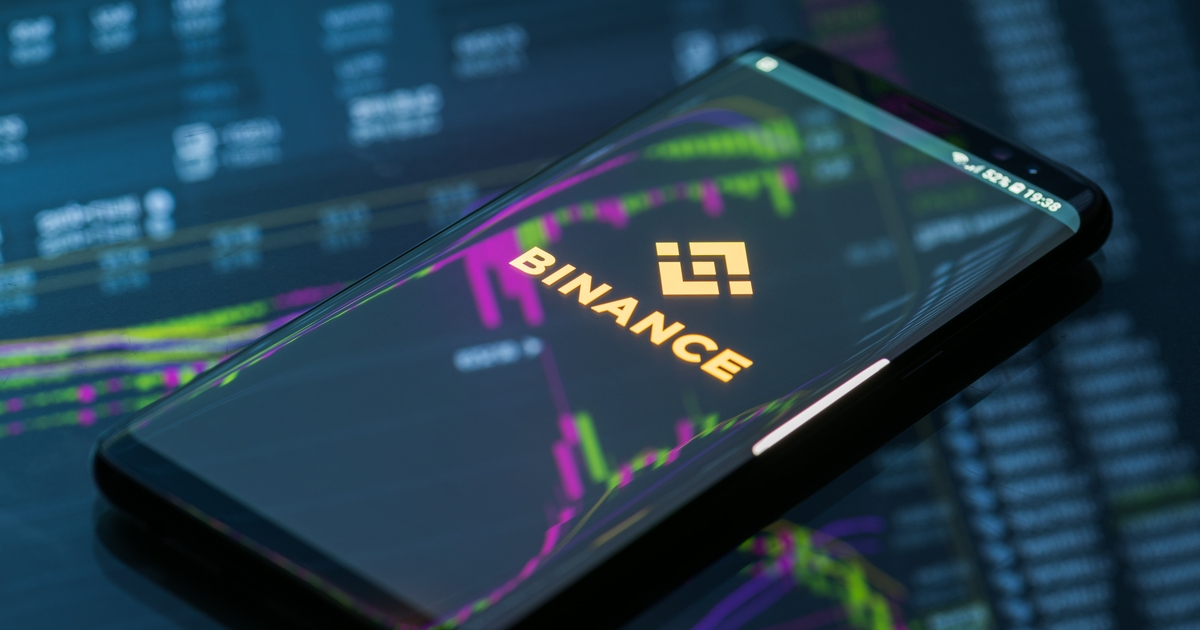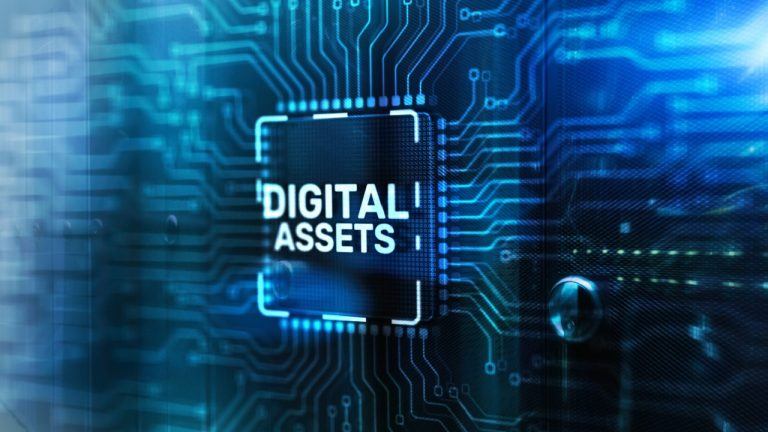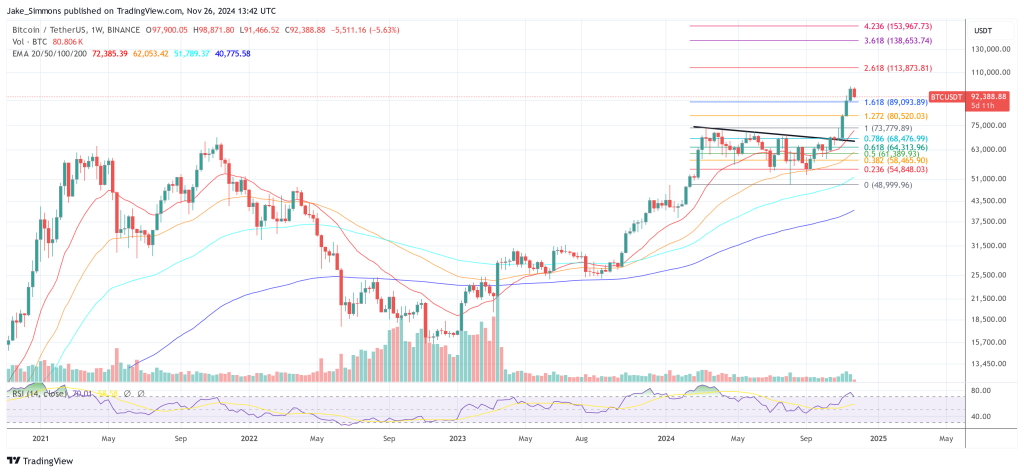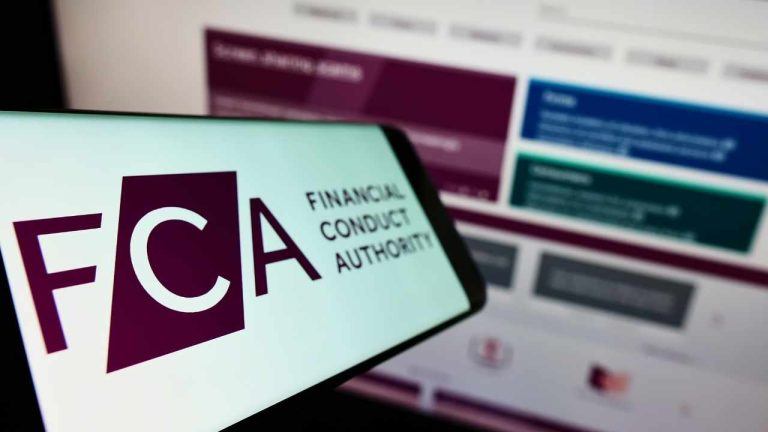https://www.derstandard.at/story/3000000176562/warum-europa-einen-digitalen-euro-braucht
Translation:
VALDIS DOMBROVSKIS, FABIO PANETTA
Why Europe needs a digital euro
Cash is important, but a second option is needed. A digital euro would also improve the integrity and security of the European payment system
Fabio Panetta, Member of the Executive Board of the ECB, and Valdis Dombrovskis, Executive Vice-President of the European Commission, write in their op-ed why the introduction of a digital euro is inevitable from their point of view.
Our world is changing. Digitization has changed our society in ways that we could hardly have imagined ten years ago. It is also changing our payment behavior: people are increasingly opting for electronic means of payment. The corona pandemic has accelerated this rethinking.
Central banks around the world are working on adding a digital variant to the money they provide, i.e. cash: digital central bank money. In the euro area, the digital euro would offer an electronic payment solution that we could all use free of charge anywhere.
Cash is still important: it is still the first choice for small errands and payments between individuals. Most people in the euro area still want to be able to pay with banknotes and coins in the future. That is why the European Commission and the European Central Bank (ECB) will do everything in their power to ensure that cash continues to be available and accepted in all 20 member countries.
Many advantages
The fact is, however, that in many parts of the world – including here in Europe – people are paying less and less in cash. On the way to a truly digital economy, adapting cash to the digital age is the next logical step.
If we had both options – euro cash and a digital euro – everyone would be free to choose how they would like to pay and nobody would be left behind digitally. Most importantly, people in Europe would be able to pay digitally across the euro area, from Dublin to Nicosia and from Lisbon to Helsinki.
For consumers, the digital euro would bring many practical advantages. It would be easy to use and free. Everywhere in the euro area, people could pay with the digital euro free of charge, for example using a digital wallet or smartphone. The payments would not even have to be made online, they would also be possible offline.
The protection of privacy is a top priority with the digital euro. The ECB would neither see the personal data of the users nor be able to draw any conclusions about their consumer behavior. Offline payment would also have better privacy than any other digital payment method currently available.
A digital euro would also lower the fees that consumers pay for payments because it would boost competition in Europe. A handful of international companies currently process two-thirds of Europe's digital retail payments. With more competition, retailers and their customers would be able to enjoy cheaper services.
Digital Wallet
The digital euro would give banks and other payment service providers an impetus for the development of new pan-European payment and financial services and encourage them to innovate. This would enable them to compete better with large non-European financial and technology companies. There would be guard rails for the digital euro, such as a credit limit. This is to avoid significant outflows of bank deposits. However, payments in excess of the defined maximum amount would also be possible, via a connection between the digital wallet and the individual's bank account.
The digital euro would also bring significant strategic advantages. As the largest single market in the world, Europe cannot afford to simply watch other countries pass it by.
If other central bank currencies could be used on a larger scale for cross-border payments, we would risk the euro - currently the world's second most important currency after the US dollar - being sidelined. In addition, the euro could then have to compete more closely with payment alternatives such as global stablecoins. Ultimately, this could endanger our monetary sovereignty and the stability of the European financial sector.
At a time when rising geopolitical tensions make us more vulnerable to attacks on our critical infrastructure, a digital euro would also improve the integrity and security of the European payments system. A system based on European infrastructure would be better resilient to disruptions, including cyberattacks and power outages.
Just at the beginning
We are just at the beginning of this exciting new project. The European Commission is presenting its legislative proposal today. This fall, the ECB will complete its phase of investigation into the design and distribution of the digital euro. After that, she will decide whether to proceed to the preparation phase. In this phase, the new digital currency would be developed and tested.
Central bank money increases our confidence in all forms of money and in the stability and resilience of our payments system. It is the anchor of the European financial system and monetary union. With a digital euro, the role of central bank money would remain, because regardless of its form - cash or digital - a euro is and always will be a euro.
Our monetary system, with our common currency at its core, must adapt to keep up with the digital transformation. That is our goal and that is what we are working towards. (Valdis Dombrovskis, Fabio Panetta, 28.6.2023)
[link] [comments]

You can get bonuses upto $100 FREE BONUS when you:
💰 Install these recommended apps:
💲 SocialGood - 100% Crypto Back on Everyday Shopping
💲 xPortal - The DeFi For The Next Billion
💲 CryptoTab Browser - Lightweight, fast, and ready to mine!
💰 Register on these recommended exchanges:
🟡 Binance🟡 Bitfinex🟡 Bitmart🟡 Bittrex🟡 Bitget
🟡 CoinEx🟡 Crypto.com🟡 Gate.io🟡 Huobi🟡 Kucoin.



















Comments